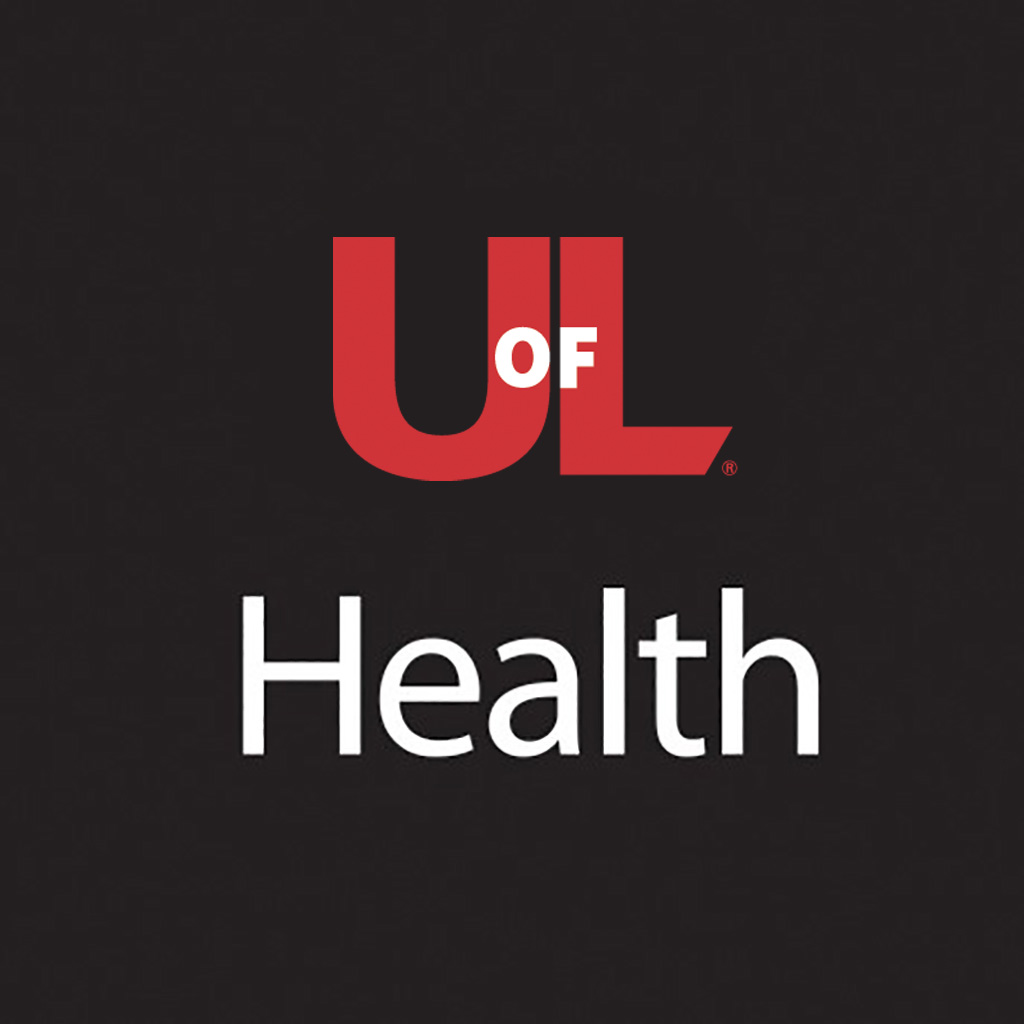
The trees are bare, snow is on its way and the year of 2015 is entering its final chapter so it must be time to start thinking about your 2016 New Year’s resolution. Yes, it might sound a little premature as the holidays may not be here yet, but trust me it is time to think about the New Year ahead.
With each New Year, it is tradition to make resolutions or new healthy living goals. We all have great intentions, but many times, we fall short of reaching our goals or sticking to our resolutions and by mid-January, with our intentions depleted and the snow waist deep outside, we trash the goal and go back to our old ways.
Tips for Success
So how do we turn the corner and make 2016 different from years past? Here’s where the planning needs to start now so that you can develop a goal for your resolution that you want to stick with and have a plan in place to make sure it sticks.
To do this, first, you must understand health behavior change. The Transtheoretical Model of Change developed by psychologist James O. Prochaska, Ph.D. in the 1980s has six steps and these are the ones that will help you understand where you are now and what goal you should set for your 2016 New Year’s resolution. Here are the six steps:
- Precontemplation: You have heard from others, or even your own conscience, that you should make a change but you have not made any plans to make a change any time soon. You do not like to hear anyone tell you about the change that you should make and avoid the subject when able.
- Contemplation: Usually there is a catalyst, or an event that prompts someone to move from precontemplation to contemplation. Maybe even this blog will help you identify the healthy behavior you should contemplate. Contemplation is when you start to think about taking action and making a behavior change in a set time frame. You are open to new information and listening to feedback. You are not ready to start your goal and are not seeking out details on how to make the change but you are thinking about it and can see what life would be like if you went ahead and made the change.
- Preparation: Now, you are ready to start preparing for making the change. This is where you investigate the challenges to your goal and start coming up with tactics to combat them. You gather support from experts, coaches, friends and resources, including those online, to make sure you have what you need to prevail. You are also ready to set the date to start reaching for your goal.
- Action: This is where you start reaching for your goal. The action itself may be small, from asking a friend to walk with you at lunch to checking out a book at the library on healthy eating, but whatever it is, the action signifies you are on your way to reaching your goal or fulfilling your resolution. You rely on your support network to help you continue your plan and you acknowledge your efforts and celebrate your progress.
- Maintenance: You have been following through on your action plan for six months and have really seen results. Your change seems more like routine.
- Termination: It’s been two years since you took your first action to reaching your goal. You have experienced some challenges and have even had a setback or two, but you cannot imagine life before you took your first step to reach your goal. This healthy behavior is now a part of your daily life.
Where are you on your healthy living goal? By understanding the model of change and these steps, you can see that setting a goal takes time and planning. That is why now is the time to start planning for your New Year’s resolution.









